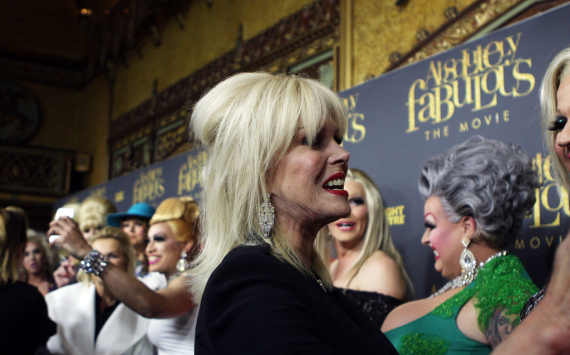
Reality TV's Dark Secret
Reality TV, once lawless, now adheres to standards post-40 linked deaths. Changes include banning live spider consumption and limiting Love Islanders' drinks. Despite routine psychological exams post-Susan Boyle's 2009 Priory admission, inherent stress and exhaustion persist.
Reality TV's hidden challenge: sleep deprivation. Squid Game: The Challenge contestants seek compensation for freezing conditions, revealing grueling sleep conditions in a windowless bunkbed-filled warehouse.
Sleep-deprived tales emerge as contestants cope with mandated sleep hours and challenging environments. Melissa Rimsza, a participant in Squid Game: The Challenge, shares her experience of constant disturbances, fluorescent lights, and a propped microphone causing nausea after nine days of insufficient sleep. Such details rarely surface in the shows, masking the true extent of contestants' exhaustion.
Former Love Is Blind contestant Jeremy Hartwell, currently suing for "inhumane working conditions," reveals the challenges of "night-dating" schedules, optional but strongly recommended for success. Sleep-deprived, he recalls emotional vulnerability and manipulation by production staff.
Neuroscientist Els van der Helm explains the emotional toll of sleep deprivation, emphasizing heightened reactivity to negative stimuli. Contestants like Hartwell, once emotionally stable, experienced unexpected breakdowns.
While sleep researchers connect maladaptive behaviors to sleep deprivation, reality TV continues its demanding schedules. Contestants from The Apprentice and Love Island recount experiences of disrupted sleep, attributing heated arguments to sleep-deprived states.
In 2022, Ofcom added provisions to protect participants' welfare, though the specifics of working hours and sleep were not explicitly addressed. Contestants' accounts reveal disparities between regulations and reality, with production companies often declining to comment on their practices. Welfare experts are divided on the need for change, with some advocating for more comprehensive mental health and duty of care procedures.





































